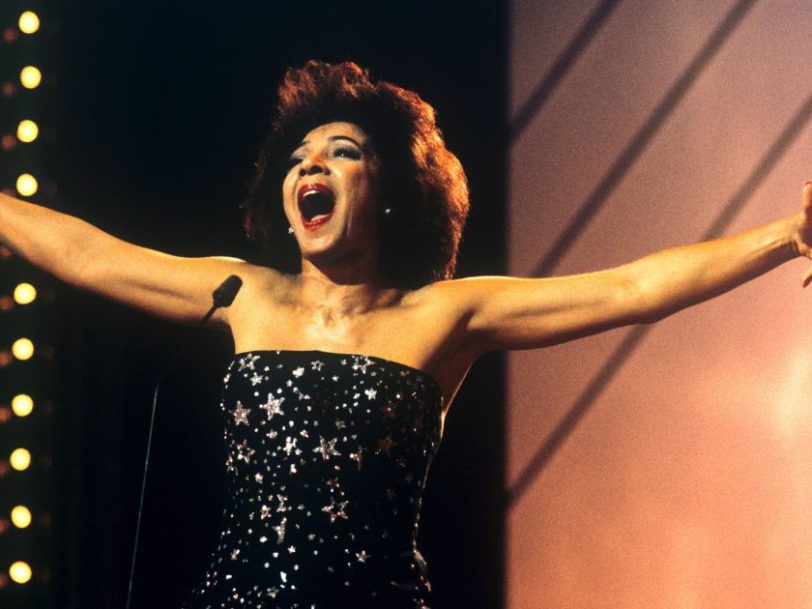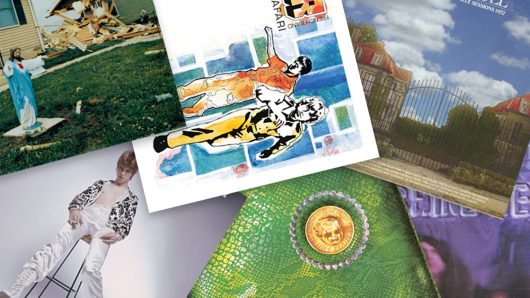Soul music began in the United States – but that doesn’t mean British artists don’t have that soulful feeling. And some of this remarkably emotional vibe has been brought to us by singers who are not necessarily labelled as soul artists by critics or those who like to put music into categories. Here, then, are the best British soul songs – each a classic guaranteed to bring you a heavy dose of the soul shivers, created by Brits for the world to love.
Best British Soul Songs: 10 Heartfelt Classics From Soulful Artists
10: Seal: I Am Your Man (2009)
Seal is a future soul singer – though he is among the most soulful vocalists the UK has ever produced, he has almost never worked in a traditional soul setting, preferring an electronic, edgy sound or pristine acoustic clarity. He never accepts the most obvious path, even when covering old-school soul material. I Am Your Man is a Motown miracle, penned by Nickolas Ashford and Valerie Simpson, a husband-and-wife team who were behind numerous smash hits. But this is one of their lesser-known compositions, first cut by Bobby Taylor And The Vancouvers in 1967 and remade five years later by Four Tops. Neither version was a big hit, but it is a fantastic tune, and Seal’s nous in spotting its ongoing potential and updating it brilliantly in 2009, as a fresh track for his Hits compilation album, confirms his strong understanding of soul music while claiming the vintage Detroit gem as one of the best British soul songs of the 21st century.




